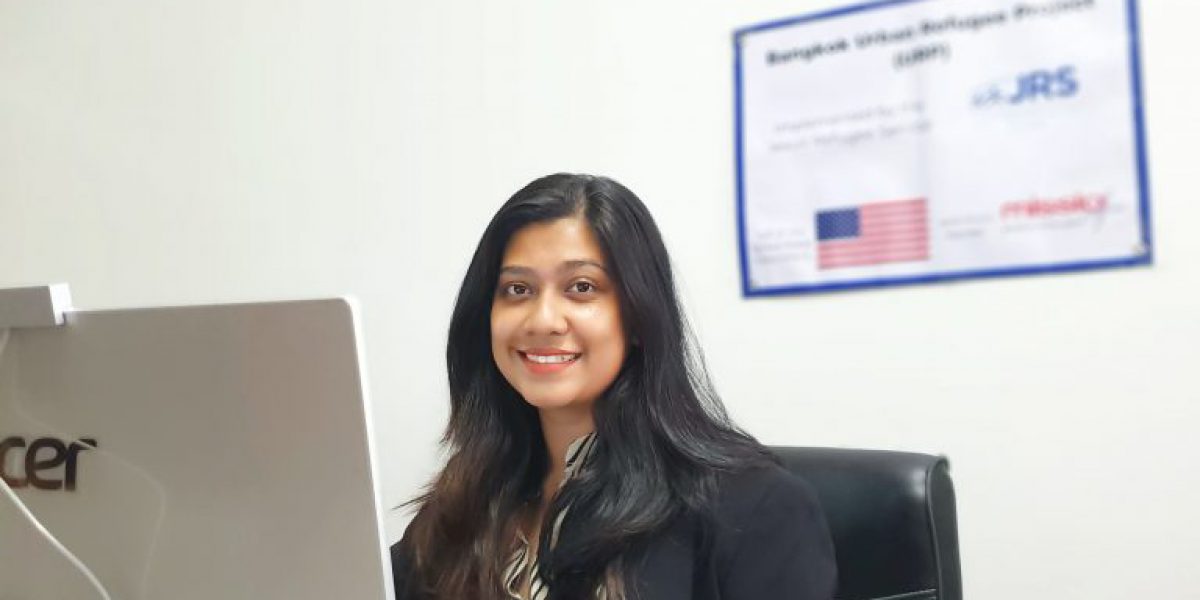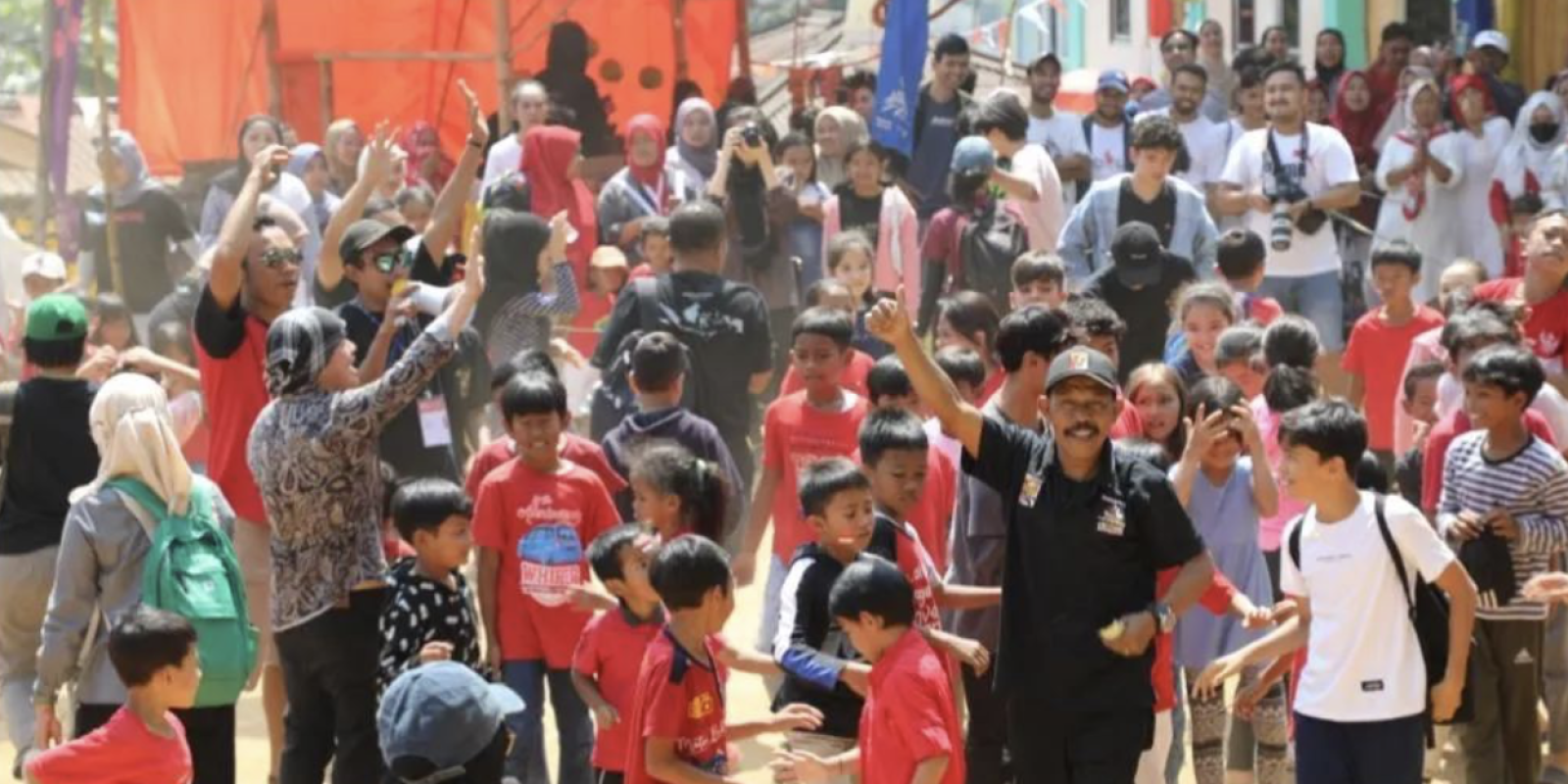40th Anniversary Profile: Choosing Empathy in Thailand
27 October 2020

Ever since I was young, I used to always ask myself, how can I be part of a solution rather than a problem? Growing up, my parents always taught me the value and importance of serving others. When I came across JRS’s mission to accompany, serve, and advocate, I knew deep down inside of me, it was a calling for me to be a part of it.
I am forever grateful for this opportunity to be physically and emotionally present for the people I am serving and to be a part of their healing journey. I am grateful to walk with such courageous, resilient, and kind-hearted people.
Throughout my work in JRS, I have met so many amazing and wonderful souls that have shared their presence and time with me. I respect and honor their stories, feelings, and thoughts in the safe space we have shared.
People are afraid of things they do not understand, but I feel it is time to stop drawing a line between “us” and “them”. We need to shift our mindset from “What is wrong with you? to “What happened to you?” Do we care at all to understand and to simply listen and see beyond? How do we call ourselves humans if we dehumanize others?
Throughout my work, I am constantly trying to find ways to show more compassion, empathy and love to my brothers and sisters who are struggling. And when I learn more about a refugee’s situation, I ask myself, How can I turn my back on them now after seeing and hearing what they had gone through in life? Oftentimes as a human being, it is so easy to turn a blind eye because it is the comfortable thing to do.
I will always remember this quote by Desmond Tutu, “If you are neutral in situations of injustice, you have chosen the side of the oppressor.”
This motivates me in my mission to ensure their voices are being heard.
I have witnessed not only their courage, resilience, gentleness, and kindness, but also their pain and struggles; how they long for freedom, how they long for a sense of belonging, how they long for a place to call home, how they long for an identity other than being called a refugee, asylum seeker or a closed case. My heart aches knowing there is only so much that I can do.
Imagine being woken up one night by your family members telling you to pack your things and to leave immediately. Imagine someone threatening to kill you and your family.
Imagine being forced to leave everything behind – your identity, your home, your family, your loved ones and childhood friends. Imagine being separated from your father, mother, daughter, son, sister, and brother. Imagine going to a foreign land without knowing a soul.
Imagine leaving your birthplace without saying goodbye. Imagine being told by your mother that you might not see her again because staying together would increase the chances of death. Imagine being fearful from what you are running from and being fearful for what lies ahead. After having to go through all that, imagine begging for your freedom and rights as a human being. In that state of fear, pain, and confusion, you still have to face discrimination, hate, and punishment for merely wanting to stay alive.
Imagine this is your life. How would you feel?
I believe what makes us human is connection. We strive for connection. Without it, life would not be meaningful. I am lucky to have connected and built a relationship with the people I serve. People want to be seen and heard. After conducting activities and sessions with them I ask myself if I have achieved this. I am thankful to JRS for giving me this opportunity, to walk with them side by side.
Every one of us plays a role in society, a small part that contributes to the whole. In order to create a society where refugees do not need to constantly justify their rights to live as human beings, we must always think about how we can do our part. One way to start is by simply showing compassion and empathy. We must stop viewing them as a crisis, a case, or a problem, and start seeing and hearing them as people. They matter.
Who are we to decide otherwise?



